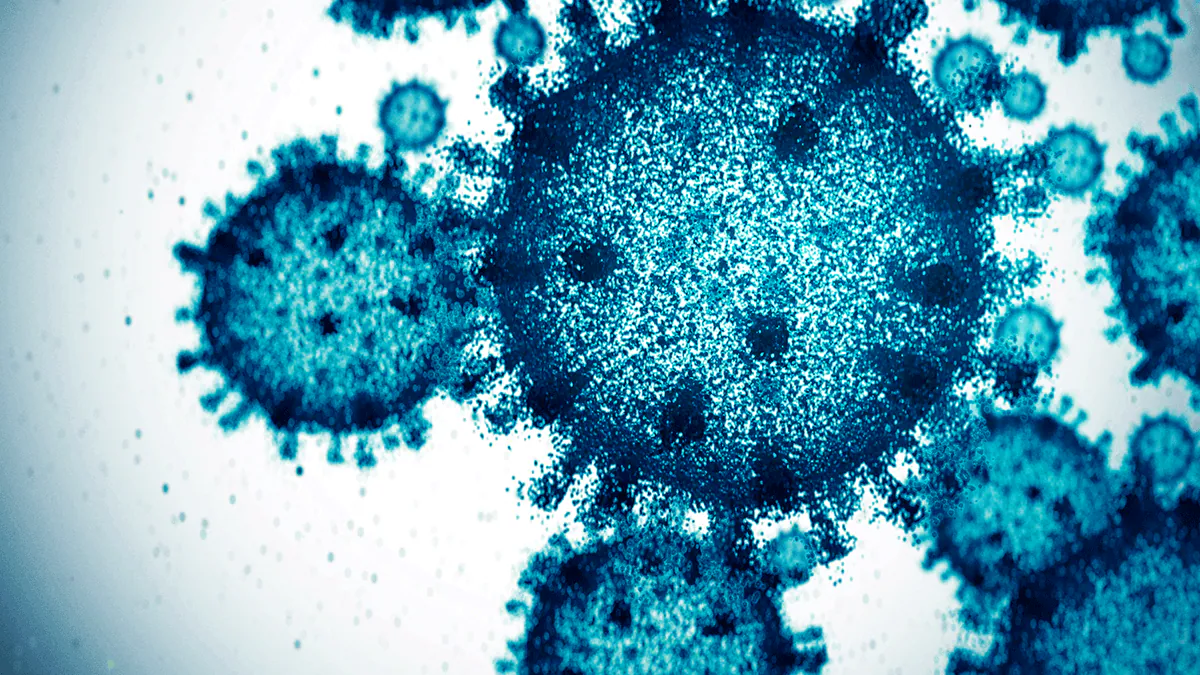New discoveries about the ‘immune cycle’ and the future of autoimmune diseases and cancer
Why is everyone infected with the same virus but their condition is different?
Now, a study by the University of Colorado Boulder has found something surprising and published it in a scientific journalCellDecember 12.

The immune system and the role of interferon
The immune system is like an army protecting the body.
However, if this “alarm” is damaged – too weak or too strong – it can have serious consequences.
Scientists have discovered that part of this cause may stem from genetic errors tens of millions of years ago.
Professor Ed Chung, who led the study, said: “If we can control this ‘circle’, we can control the body’s immune system, opening up effective treatments.” for infections, autoimmune diseases and cancer.”
Transposon: “junk” DNA or evolutionary characteristic
The secret lies in a small part of the genetic code called a transposon, also known as a “gene jumper.”
For decades, transposons were considered “junk DNA,” worthless.
Ms. Julia Paskisi, co-author, explains: “Think of genes as a complete sentence, and transposons are strange words that appear in the sentence. They can change the meaning of a sentence, sometimes in a positive way, sometimes in a negative way.” author of the study.
Short variant of IFNAR2: a “stressor” in the immune system.
The research team focused on a specific variant of the protein: short IFNAR2.
Experiments showed that truncated IFNAR2 is present in most cells and is often found in greater amounts than the normal form.
“This suggests that an imbalance between short and normal IFNAR2 makes some people more susceptible to chronic disease, while a lack of this variant may lead to chronic inflammation or autoimmune disease,” explains Professor Chung. pandemic”.
In experiments, scientists have shown that the balance between these two proteins determines whether the immune response is strong or weak.
Application in medicine
These findings open up enormous potential.
“We discovered a new ‘regulatory circuit’ that explains why each person’s immune response is different,” said Chung.
The team has applied for a patent and is developing compounds that target this “turning point” in immunity.
According to scientists, short IFNAR2 is just the tip of the iceberg.
“Even the smallest parts of the genome that have been overlooked may hold the key to improving human health,” Mr. Chung said.
This research not only helps us understand why Covid-19 affects each person differently, but also opens up new directions in medicine.

